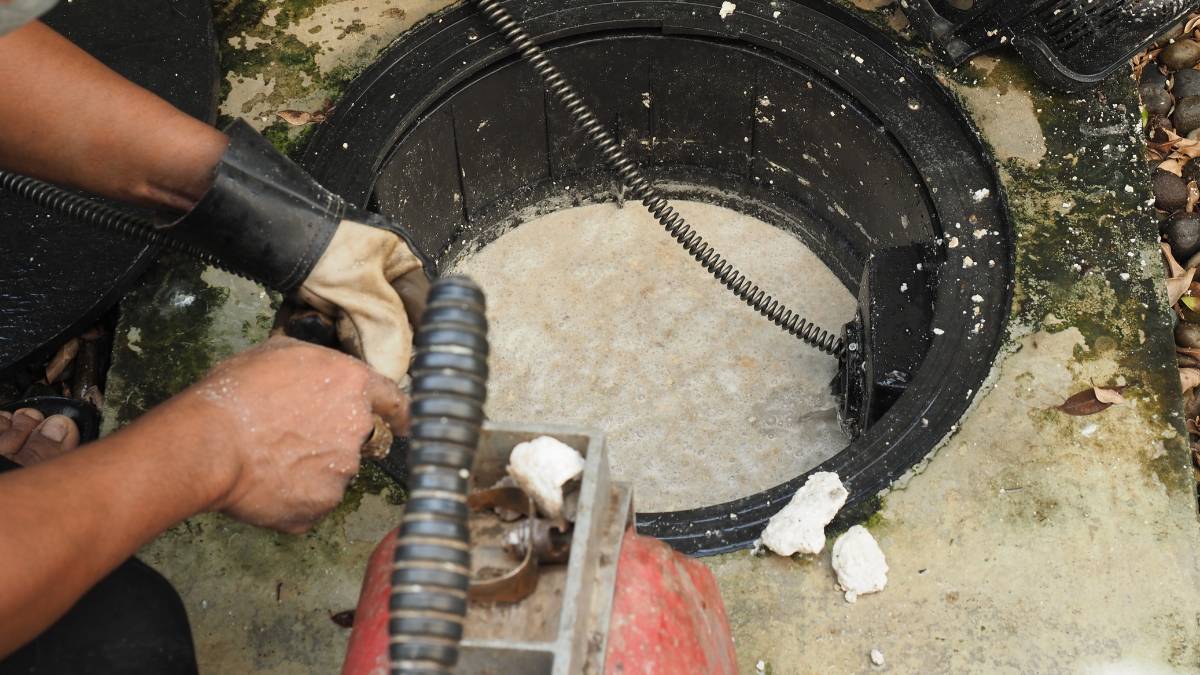Fats, oils, and grease (FOG) are indispensable in cooking, enhancing the flavors and textures of dishes. However, when improperly disposed of, FOG can wreak havoc on a home’s plumbing system, leading to clogs, odors, and pipe damage. Explore tips for preventing fats, oils, and grease buildup in your sewer line so that you can avoid the need for extensive pipe repairs.
Limit Food Down the Kitchen Drain
One of the easiest ways to prevent sewer line issues is to limit how much food waste goes down the kitchen drain. Over time, small bits of food can accumulate and create blockages. It’s best to always scrape plates into the trash before washing them.
In addition to scraping plates, remember to wipe cookware with a paper towel to remove residual grease. Then, throw the paper towel into the trash. Wiping cookware before washing helps ensure that less fat makes it into your pipes, where it could otherwise cool, solidify, and create clogs. Lastly, use sink strainers to trap food particles and stop them from entering your sewer system.
Dispose of FOG in the Trash
The key to preventing fats, oils, and grease buildup in your sewer line is containment and proper disposal. When you cook, keep an old, lidded container nearby for collecting oil and grease. After cooking, let the FOG cool, then pour it into the sealed container. Once the container is full, seal it and throw it away during your regular garbage disposal routine.
Do not dispose of fats, oils, and grease in your yard. Doing so can lead to harmful environmental consequences, including contamination of local waterways. FOG can seep into groundwater, impacting soil quality and the health of local ecosystems. Furthermore, this disposal method can attract pests and create unpleasant odors, making outdoor spaces less enjoyable.
Clean Drains Regularly
Remedies such as flushing drains with hot water and vinegar can temporarily dissolve minor accumulations of FOG, but they might not completely solve it. Moreover, washing the buildup may simply push the fats, oils, and grease into the sewer. Once these substances move deeper into the plumbing, they cool, solidify, and potentially form clogs in areas that are much harder to access and clear.
Clogs deep in your home’s drainage system can escalate into larger problems, as blockages are one of the top causes of damage to residential sewer lines. A professional plumber possesses the tools and expertise to eliminate FOG clogs effectively. They use specialized equipment such as motorized drain augers and high-pressure water jets to break apart and remove obstructions that home remedies cannot address.
Homeowners can safeguard their sewer lines from FOGS buildup with just a few small changes in the kitchen. By being proactive in waste management, disposing of FOG appropriately, and conducting regular drain maintenance, you can prevent the headaches and expenses of severe plumbing issues. Follow these tips to keep your sewer lines clean and enjoy the peace of mind that comes with a well-maintained home.

